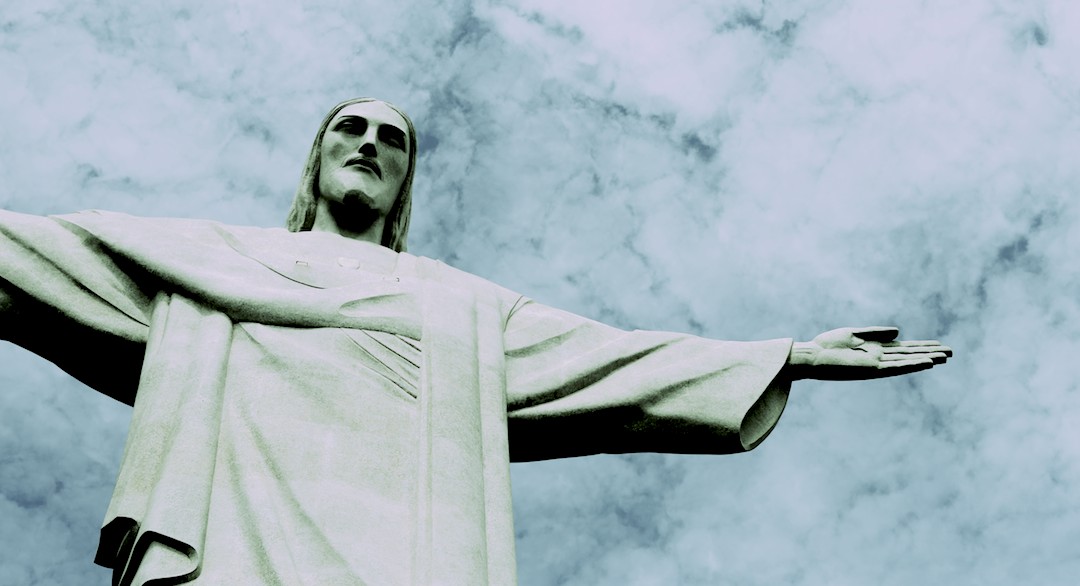As thousands of foreign media personnel parachute into Rio de Janeiro in the lead up to the upcoming Olympics, be prepared for an onslaught of what Pierre Bourdieu referred to as mind stopping cliches about Brasil and Rio de Janeiro. In many ways we can treat this as round two of the foreign media frenzy that started during the lead up to the 2014 World Cup. Just as most foreign correspondents base themselves in Rio de Janeiro’s posh South Zone or hipster enclave in Santa Teresa, the new arrivals will also probably concentrate in these areas due to the lack of adequate hotel space in the West Zone where most of the actual games will take place. This will undoubtedly lead to sweeping generalizations about Brasil and the Brasilian people based on observations made in its most unusual city. As I have mentioned before, Brasil is not Rio.
I have paid close attention to the coming Olympics since before the winning bid was announced. One the eve of the announcement I wrote a letter to a local newspaper called “Neither Chicago, Nor Rio” in which I argued that the economic damage on the poor and working classes in both cities would far outweigh the benefits. At the time, I coordinated the Just and Democratic Governance department at ActionAid Brasil and made monitoring evictions related to the upcoming mega-events one or our priorities.
During the 2010 UN Habitat World Urban Forum in Rio de Janeiro, a coalition of social movements spearheaded by the Forum Nacional de Reforma Urbana decided to host an alternative event called the Social Urban Forum. I was one of the members of the FNRU national leadership at the time and used around usd$15,000 of my departmental budget to make ActionAid the second largest sponsor of the event after the Rio de Janeiro Petroleum Workers Union. The event was coordinated autonomously through consensus among the urban social movements, academic and professional groups and unions that participated. The opening speeches were made by David Harvey, Raquel Rolnik and Eriminia Maricatto. I led a panel discussion about the history of the Olympic Games and human rights abuses and during this exciting week, a plenary session conducted by forum participants created the Comite Popular da Copa. This new (or mixed social class) social movement became the nation wide leader of protests against evictions related to the World Cup. I never joined the Comite Popular but delegated that role to two of my staff, Gabriela Pinto and Renata Nader. Nevertheless I attended meetings and frequently interacted with Comite leaders like Gabriel Mahr and Marcelo Edmundo.
I published a series of articles about evictions and the World Cup between 2012 and 2014, when I realized that many of these articles were being misinterpreted by the international media as fodder for a growing anti-PT narrative that blamed the federal government for issues that were clearly the result of corrupt state and municipal governments and judiciaries, most of which were controlled either by opposition parties or the fickle PMDB (which can only be described as a “loose” governing coalition partner at best, especially since they are now supporting the legally dubious impeachment process against president Dilma Rouseff).
I left Action Aid in January 2012 and was hired by the Centro de Direitos Economicos e Sociais (CDES) to conduct a one year study on changes in Rio de Janeiro Municipal law related to the World Cup and the Olympics. During this period I interviewed key actors and residents, performed legal analysis and conducted case studies on the removal of Vila Recreio II, a favela in the West Zone; on resistance against evictions in Providencia Favela; on the city’s public private partnership called “Porto Maravilha”; and on publicly financed arts-led gentrification in the port area.
The results of this study were systematized with Cristiano Muller and Karla Moroso from CDES in the form of a book that will be released shortly in Portuguese, through funding from the Ford Foundation, entitled Os Megaeventos esportivos na cidade do Rio de Janeiro e o direito à cidade: uma análise do marco jurídico local” (Mega-sports events in the city of Rio de Janeiro and the right to the city, an analysis of the legal framework).
One of the study’s main conclusions is that nearly all of the city laws related to the Olympics and World Cup are technically illegal in accordance with the federal Statute of the City and Brazilian constitutional guidelines on urban policy because they were passed during a legislative vacuum between the expiration of Rio’s 1992 master development plan in 2006 and the ratification of the new plan in 2011.
During the lead up to the Olympics I will write a series of articles for Brasil Wire illustrating the findings of our study and what the lasting effects of the Olympic Games will be on the people of Rio de Janeiro. My hope is that these articles will contribute to the ongoing worldwide dialogue over the relationship between the Olympics and human rights abuses. This is an analysis of a corrupt city government and I sincerely hope that these articles are not used to feed into yet another round of anglophone media attacks on Dilma Rousseff. There is plenty of room to criticize her on things that she is actually responsible for but she has very little to do with the Rio de Janeiro city government, currently controlled by a political party that is trying to impeach her.
Image: FabricaMedia

